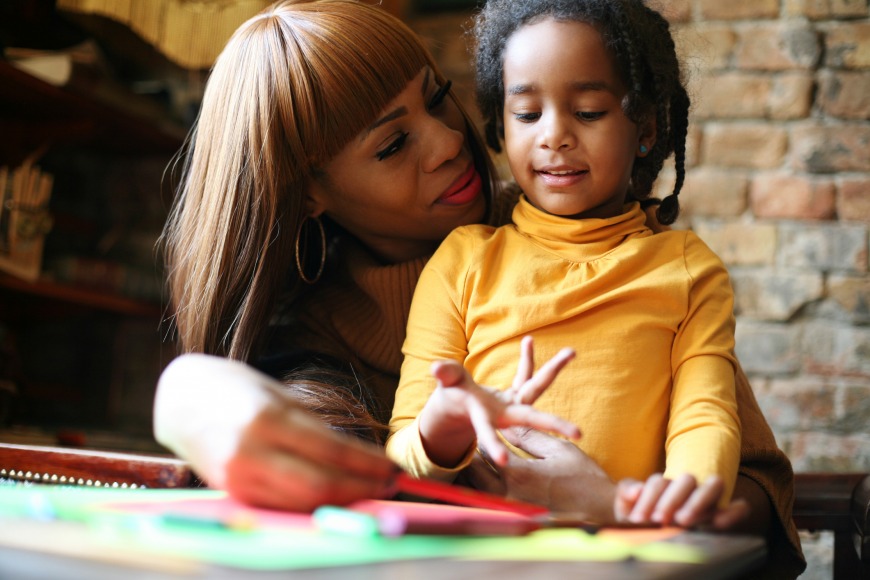10 Ways To Tackle Tough Conversations With Young Children
Having those tricky talks can be good for your relationship with your child, as expert Dr Shauna Tominey highlights.
11 February 2019
Tory

All Credits: PA
2. Use A Non-Judgemental Tone
How we talk about a topic shapes how children feel about it, explains Tominey. “Children don’t always have the stigmas that we do about topics like race, gender or mental health, and we can help them have open conversations if we stretch ourselves to do the same.” Set a tone that fosters children’s natural curiosity, and help them feel comfortable speaking openly without fear of punishment or shame.

Show kids it’s OK to share their thoughts and questions (Thinkstock/PA)
3. Learn What Your Child Knows
Hearing what your child knows about a topic can help you decide where it might be best to start. Understanding what your child’s thinking about, and what questions they have, can help you ease fears and clear up misunderstandings.
4. Share Your Feelings
Let your child know all feelings are OK and that you have feelings too. Set an example by sharing your feelings with your child and encourage them to share their feelings when they’re ready. You and your child probably have many different feelings about a topic, and they may not be the same as one another’s. Talk about what you can do to express those feelings in a helpful way.
8. Have Conversations Repeatedly

Conversations can be revisited when everybody’s feeling calm (Thinkstock/PA)
Children learn through repetition. Having conversations more than once will help them learn different sides of a topic. In addition, what children are able to remember and understand will change over time.
9. Give Yourself The Chance To Try Again
There may be times when a conversation doesn’t happen the way you’d like it to. Step back, reflect on how you can approach the topic differently next time, and give yourself the chance to try again.
10. Learn From Your Child
As you and your child have conversations, listen to and learn from one another. You may be surprised by the insights your child has to offer. Tominey adds: “One of the greatest gifts we can give our children is a listening ear, and the knowledge they have someone they can turn to, no matter what. Tackling tough conversation topics is one way to give them just that.”
Creating Compassionate Kids: Essential Conversations To Have With Young Children by Shauna Tominey is published by WW Norton, available now.

























.png?itok=SvZPqMHH)




.png?itok=uB2ieOR7)












